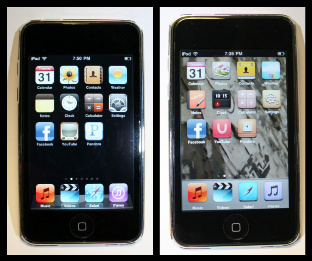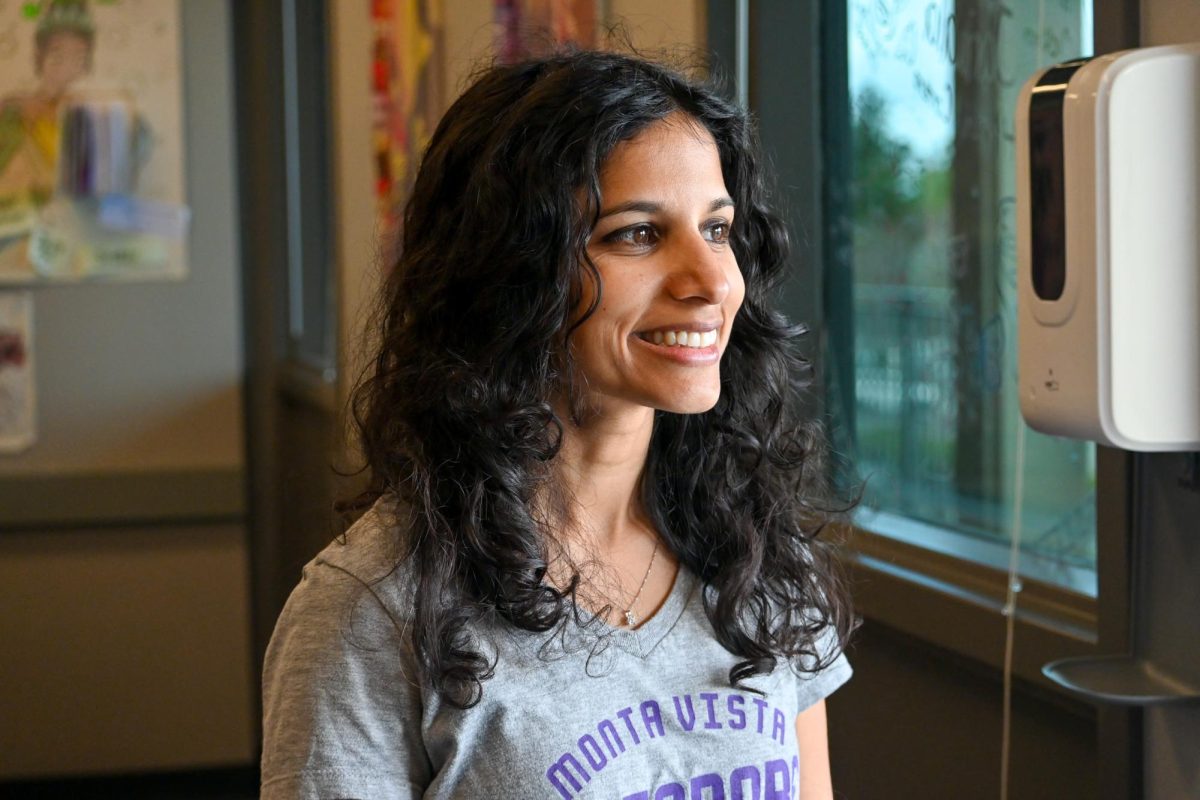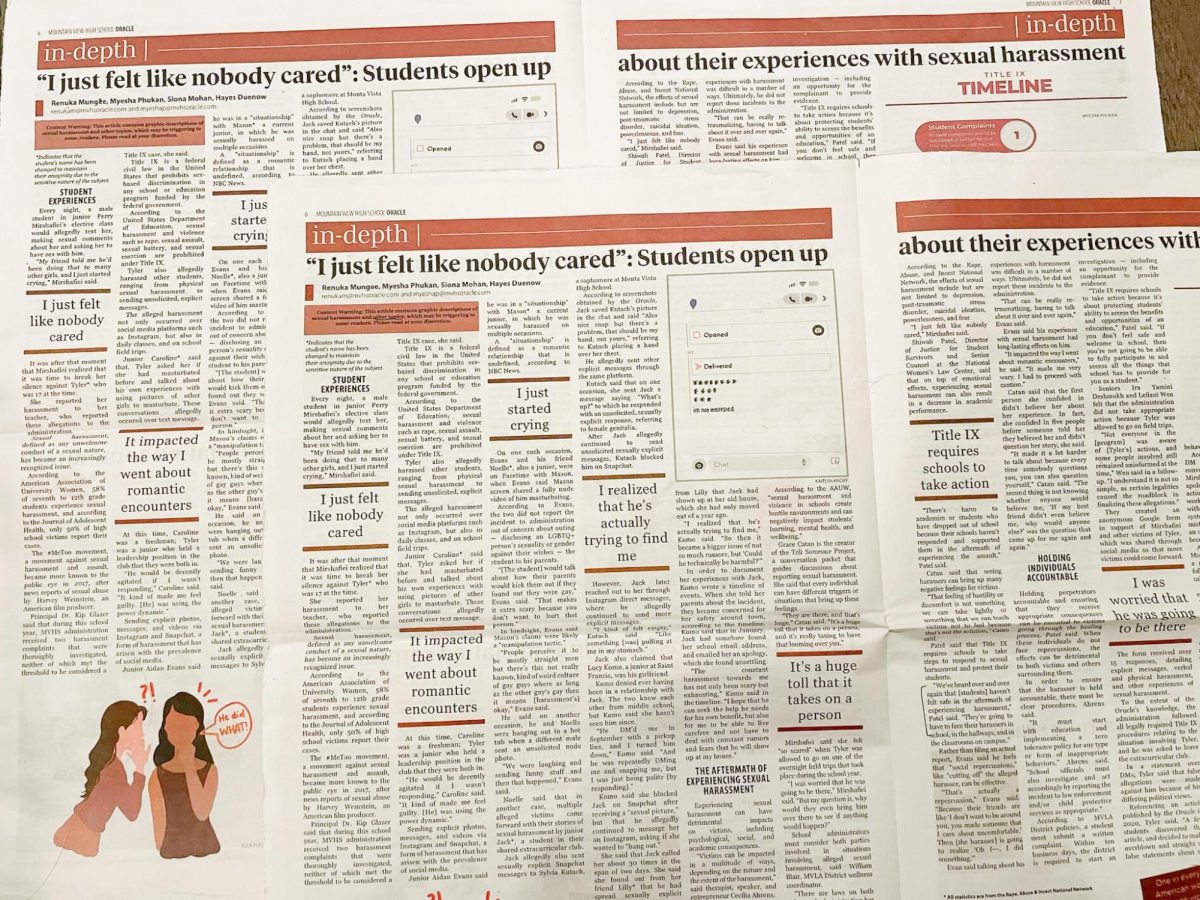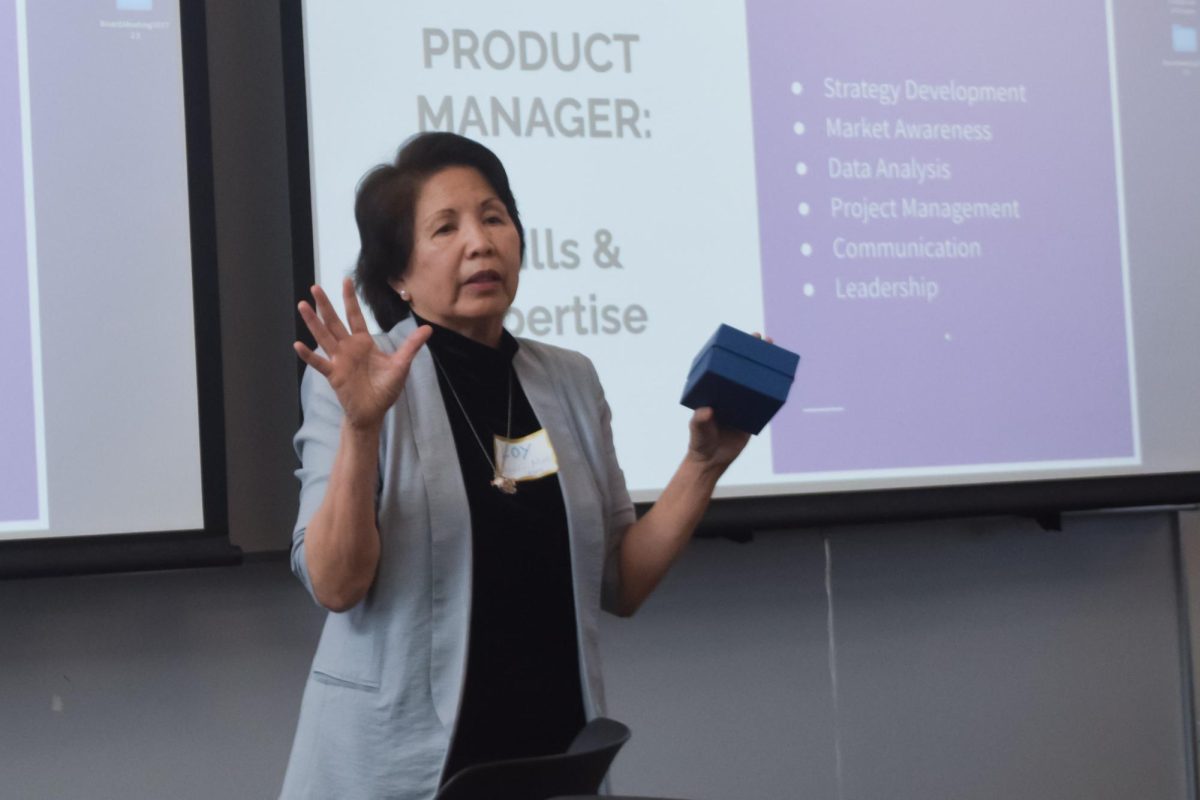 The Library of Congress grants exemption for jailbreaking from the Digital Millenium Copyright Act of 1998
The Library of Congress grants exemption for jailbreaking from the Digital Millenium Copyright Act of 1998
Every three years, the Librarian of Congress, James H. Billington, releases a “Statement of the Librarian of Congress Relating to Section 1201 Rulemaking” that lists works that are exempt from the Digital Millennium Copyright Act of 1998—a labyrinthine legal tool for copyright owners.
It may be normal to associate unauthorized DVD copying and sharing music online with copyright infringement, but not so much with jailbreaking—the process of adding third-party applications to an iPod touch or iPhone.
According to copyright law, data coding is classified as literary writing and has all the same protections and benefits as a novel. This is where the Library of Congress has chosen to make jailbreaking exempt. Once a category is excused it no longer has protection from the DMCA and a copyright owner cannot sue a consumer for infringing on that class of work.
Junior Brandon Shih is considered a jailbreaking expert by peers and has been practicing the “art” since his freshmen year, when jailbreaking was in a fledgling state. More and more students are turning to jailbreaking as a way to avoid paying for applications and to express themselves through aesthetic customization.

Shih explains that jailbreaking was illegal because Apple restricted who would be able to access system files and software. Later, it became possible to switch iPhone wireless providers; people were not limited to AT&T as their service provider. It became even more illegal once people found out how to get paid applications from the App store, for free.
“People argue that, ‘we paid for it. We can do whatever we want with our own iPod and if we void the warranty or anything then that’s our own fault and we will take consequence for that’,” Shih said.
Apple did not take this issue lightly and counterclaimed that it was irrefutably illegal.
“The uses of the class of works that would result from the proposed exemption are infringing, namely, the creation of unauthorized derivative versions of Apple's copyrighted bootloader and iPhone operating system software,” Apple Inc. said in an online response to the Library of Congress’ debate.
The Register, a part of the Library of Congress, explains that Apple’s copyright infringement case is based on a miniscule modification of 50 bytes out of 8 million. Even with the modifications, jailbreaking is used towards the same purpose Apple provided firmware for, subverting Apple’s case for infringement.
Even though jailbreaking is legal now, the process is still risky. Many problems can arise in the process of jailbreaking. The most severe problem, “bricking,” causes an iPod or iPhone to become stuck on a screen and renders the device impossible to turn off—turning your iPod touch or iPhone into a shiny paperweight. Jailbreakers may notice irreparable lag, shortened battery life and over-heating. If one does jailbreak their Apple product, he has successfully voided Apple’s warranty on that product.
“Jailbreaking depends on what you want to do with your iPod. If it’s for theming and customization, then jailbreaking will be worth it,” Shih said. “If you’re just browsing the web then Jailbreaking is not worth it. It can really screw up your iPod or iPhone.”
Jailbreaking has evolved from a hacker’s shady project to a polished operating system. With an assortment of third-party apps and customizable themes, jailbreaking is redefining how “open” Apple really is.
{cc-by-nc}






















